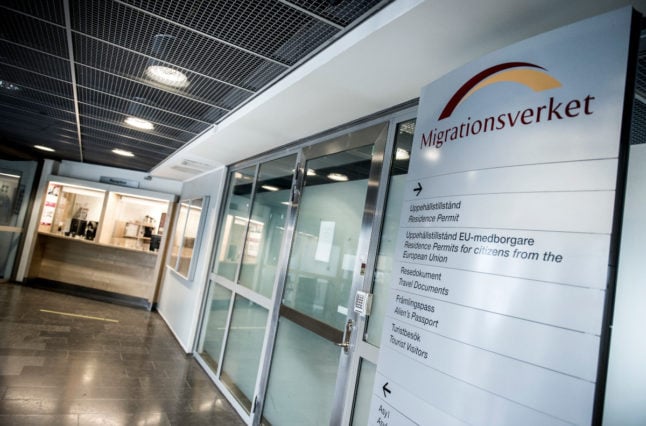“The changes are so promising,” Omumi says. “What we see right now, finally, is an intention to stop kompetensutvisningar [talent deportations], something we didn’t see in previous years. Now, we see they are taking action.”
Omumi currently works as Area Sales Manager for Hitachi Energy Sweden at the same time as running Real People, a campaign group for a fairer work environment in Sweden.
One of the changes he thinks will make the biggest difference is the end to the so-called ‘seven-year rule’, which empowers the Migration Agency to consider employers’ and employees’ adherence to the terms of prior work permits going back as far as seven years.
READ ALSO: Sweden’s new work permit law and the ‘seven-year rule’
It’s a rule that has dogged Omumi’s own work permit cases, both back in 2018 and again two and a half months ago.
“The Migration Agency is allowed to investigate going back in time up to seven years, and if there is any mistake, like in my own case, I had one insurance missing, and it was not fixable retrospectively, they will reject an extension.”
The timing of Omumi’s current case means that he risks not benefiting from the rule coming in on June 1st.
“At the end of February, we got a letter saying this is not a decision, but you have not fulfilled the criteria to either get a permanent residence or another extension, therefore you will be deported,” he says.
“They asked us to provide more arguments or more documentation supporting our application, so what my lawyers did, knowing that the law was going to change, they asked for an extension, and so we are given until 19th of May, which is only a few days until the new law comes into effect, so my lawyers are going to get another two weeks.”
“I am very much hopeful. I think I’m going to stay.



 Please whitelist us to continue reading.
Please whitelist us to continue reading.
Member comments